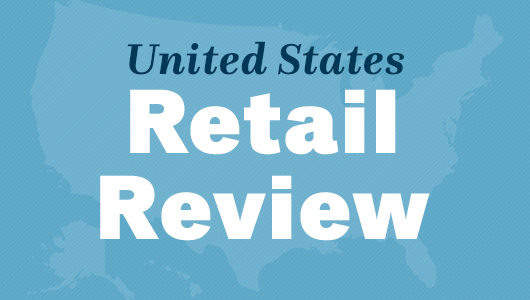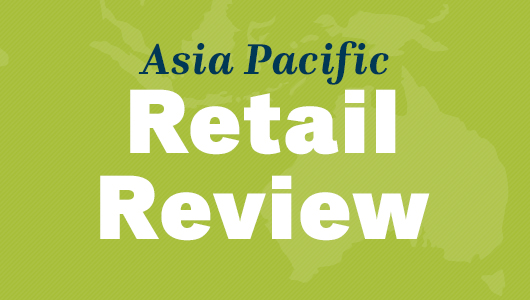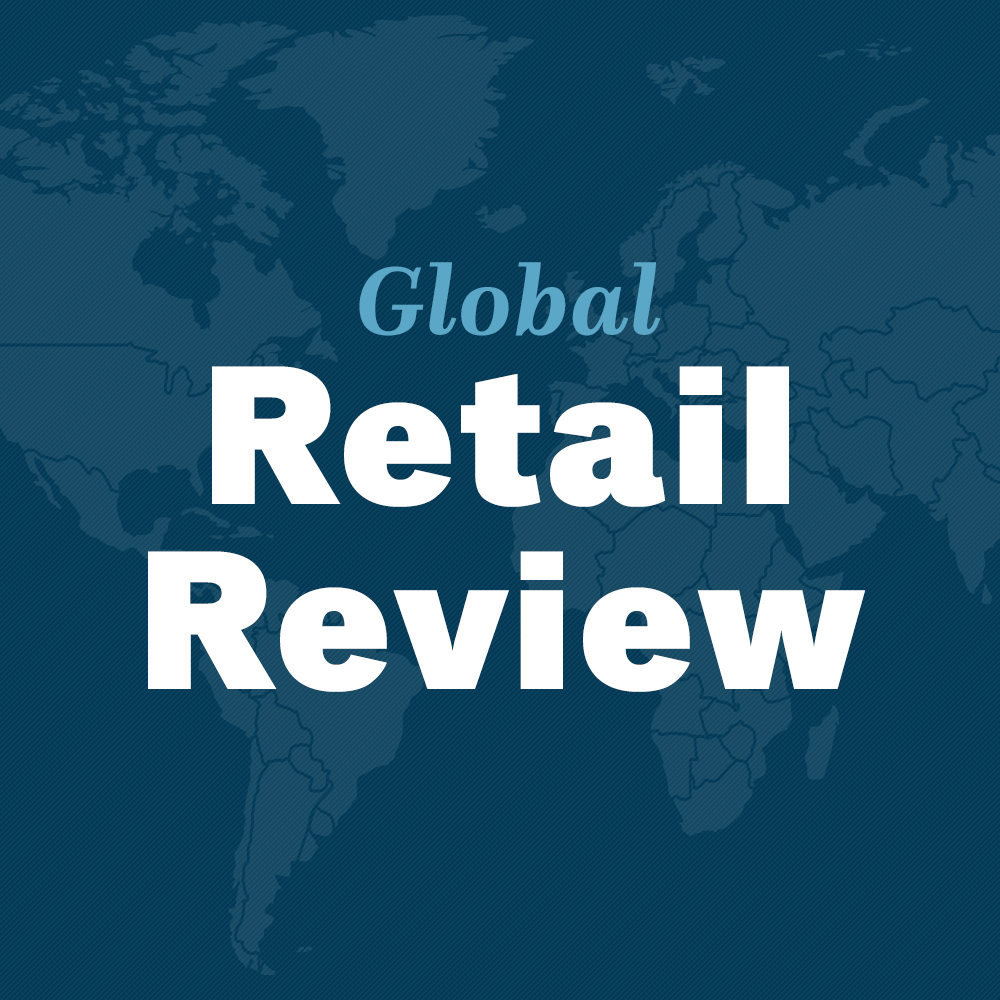European Retail Review
2021 & Holiday Season Highlights
The European retail landscape continues to evolve with ever-changing consumer preferences since the onset of the COVID-19 pandemic. The industry is under constant pressure to adapt and keep pace with technology, consumer behaviour and business models altering how consumers shop. In 2021, retail sales throughout Europe mostly improved year over year (YoY) with some countries returning to pre-pandemic levels.
As more consumers shift to online shopping, e-commerce sales continue to climb and Black Friday has become increasingly popular in Europe. Despite steady increases to consumer spending and online shopping, consumer confidence faltered amid a resurgence of pandemic cases and increased inflation pressures. Below we highlight some key figures from 2021.*
France
- Retail sales increased 1.1% YoY
- Online sales increased 15% YoY
- Consumer confidence increased to 99 in December from 98 in November
- Total consumer spending increased to €316 billion in Q4 from €315 billion in Q3
Germany
- Retail sales stalled in December, but were up 0.5% YoY
- Online sales increased 14%
- Consumer confidence increased to 1 in December from 0.4 in November
- Total consumer spending decreased to €413.8 billion in Q4 from €421.2 billion in Q3
Italy
- Retail sales increased 9.4% YoY
- Online sales increased 17%
- Consumer confidence inched to 117.7 in December from 117.5 in November
- Total consumer spending increased to €252.5 billion in Q4 from €251.6 billion in Q3
Spain
- Retail sales decreased 2.3% YoY
- Online sales increased 17%
- Consumer confidence decreased to 81.3 in December from 84.6 in November
- Total consumer spending increased to €168.9 billion in Q4 from €167 billion in Q3
United Kingdom
- Retail sales decreased 0.9% YoY
- Online sales increased 30% YoY
- Consumer confidence decreased to -15 in December from -14 in November
- Total consumer spending increased to £358.9 billion in Q4 from £353.2 billion in Q3
Looking Ahead
After two years of pandemic-driven changes, industry experts believe the retail sector will stabilize although recovery may be uneven. While inflation is expected to peak early in 2022, European economies will continue to grow as effects of the pandemic ease.
Despite inflation concerns, ongoing supply chain issues and shortages in microchips, and opportunities for technology suppliers to collaborate with retailers will drive adaption in a continued state of flux.
Ultimately, consumer behaviour has transformed and retailers that are able to respond quickly will succeed in an ever-changing environment. We believe four key trends will emerge from the pandemic that could change the retail industry long term:
- ‘Clean’ retail will grow market share. The pandemic has acted as a catalyst for change, with retail corporations reviewing their environmental, social, and governance policies and their purpose.
- Consumers will move away from ‘dirty’ retail, which may lose market share. Conscious consumerism is becoming a standard consumer expectation. Brands should consider developing and executing a clear communication strategy regarding their values and develop sustainable relationships with their consumers, or they may lose market share for unsustainable practices.
- The retail circular economy is already changing shopping habits. The circular economy has already created a significant shift in consumer behavior and the market grew 25 times faster than the wider retail market globally in 2020.
- The circular economy will challenge and change the apparel sector’s dynamics. Consumers are savvier to consumption of energy and resources and increasingly value sustainability when making purchasing decisions. Innovative retailers may see an opportunity to develop ethical and highly lucrative new concepts.
Read more about the circular retail revolution.
Sources: ecomerceDB, Office for National Statistics, Research and Markets, Ronald Berger, Trading Economics, World Economic Forum
*Year-end figures reflect metrics as of December 31, 2021.


